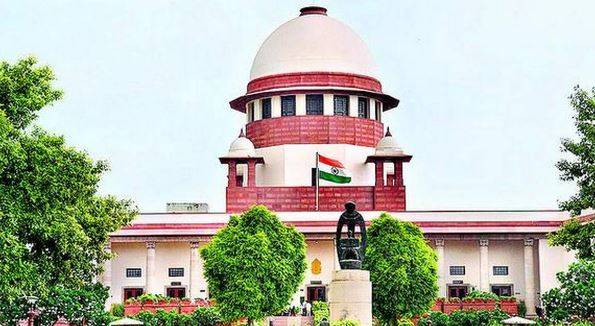New Delhi (Web Desk): The Indian Supreme Court on Monday ruled that Article 370 which guaranteed special status to Indian Illegally Occupied Jammu and Kashmir (IIOJK) was a temporary provision and that the occupied territory was an integral part of the country.
“We direct that steps shall be taken by the Election Commission of India to conduct elections to the Legislative Assembly of Jammu and Kashmir by 30 September 2024,” the court ruled.
The court pronounced its verdict on a set of pleas against New Delhi’s 2019 imposition of direct rule in occupied Kashmir on Monday (today).
According to the Indian media, a five-member bench headed by Chief Justice of India (CJI) D.Y. Chandrachud including Justices Sanjay Kishan Kaul, Sanjiv Khanna, B. R. Gavai and Surya Kant — begun hearing the set of petitions on July 11 and reserved its verdict on September 5.
The petitioners included leaders of the National Conference and the People’s Democratic Party (PDP).
During the proceedings, the PDP had told the court that then-governor Satya Pal Malik was not consulted before the decision was taken by the central government to abrogate Article 370, India Today stated.
Meanwhile, the centre had argued in support of its step and claimed there was no “constitutional fraud” in annulling the provision, the report added.
Senior counsel Kapil Sibal had contended that the concurrence of the state government provided by the governor did not express the will of the people.
The apex court had asked the BJP-ruled central government whether there was a timeline to convert Indian-held Kashmir from a union territory to a state.
In 2019, India’s ruling Bharatiya Janata Party (BJP) had revoked occupied Kashmir’s special status by repealing Article 370 of the constitution.
Article 370 had limited the power of the Indian parliament to impose laws in the state, apart from matters of defence, foreign affairs and communications.


